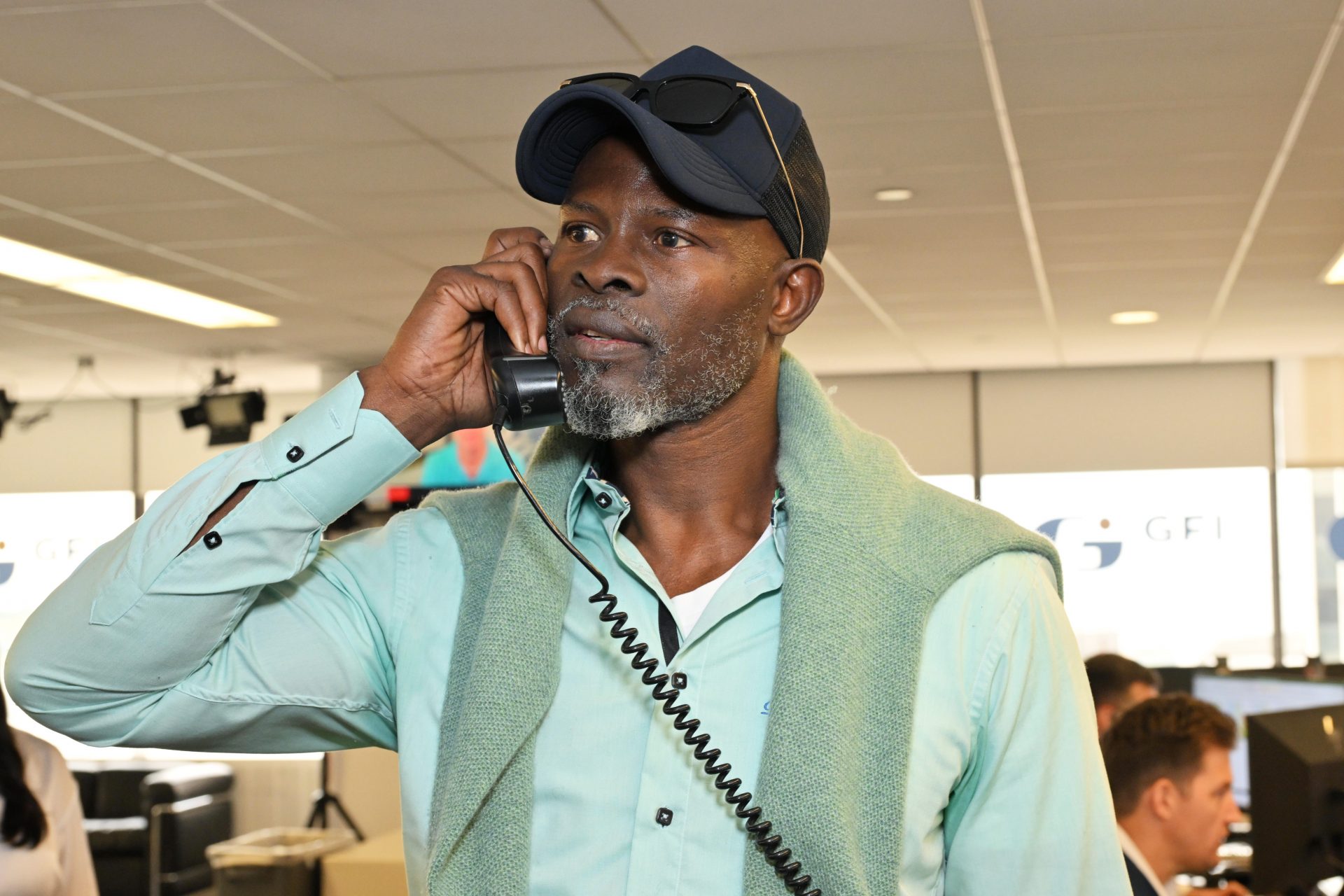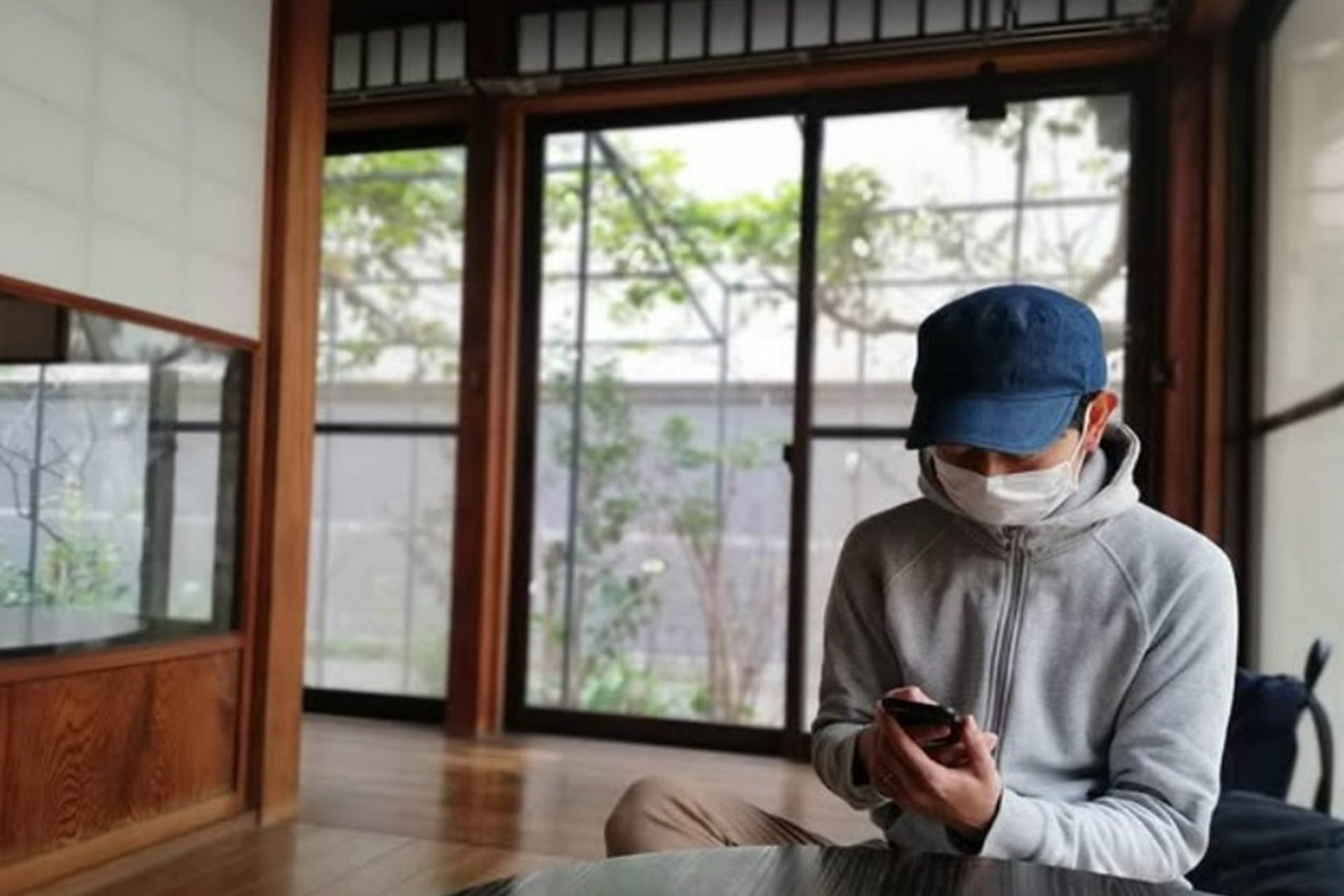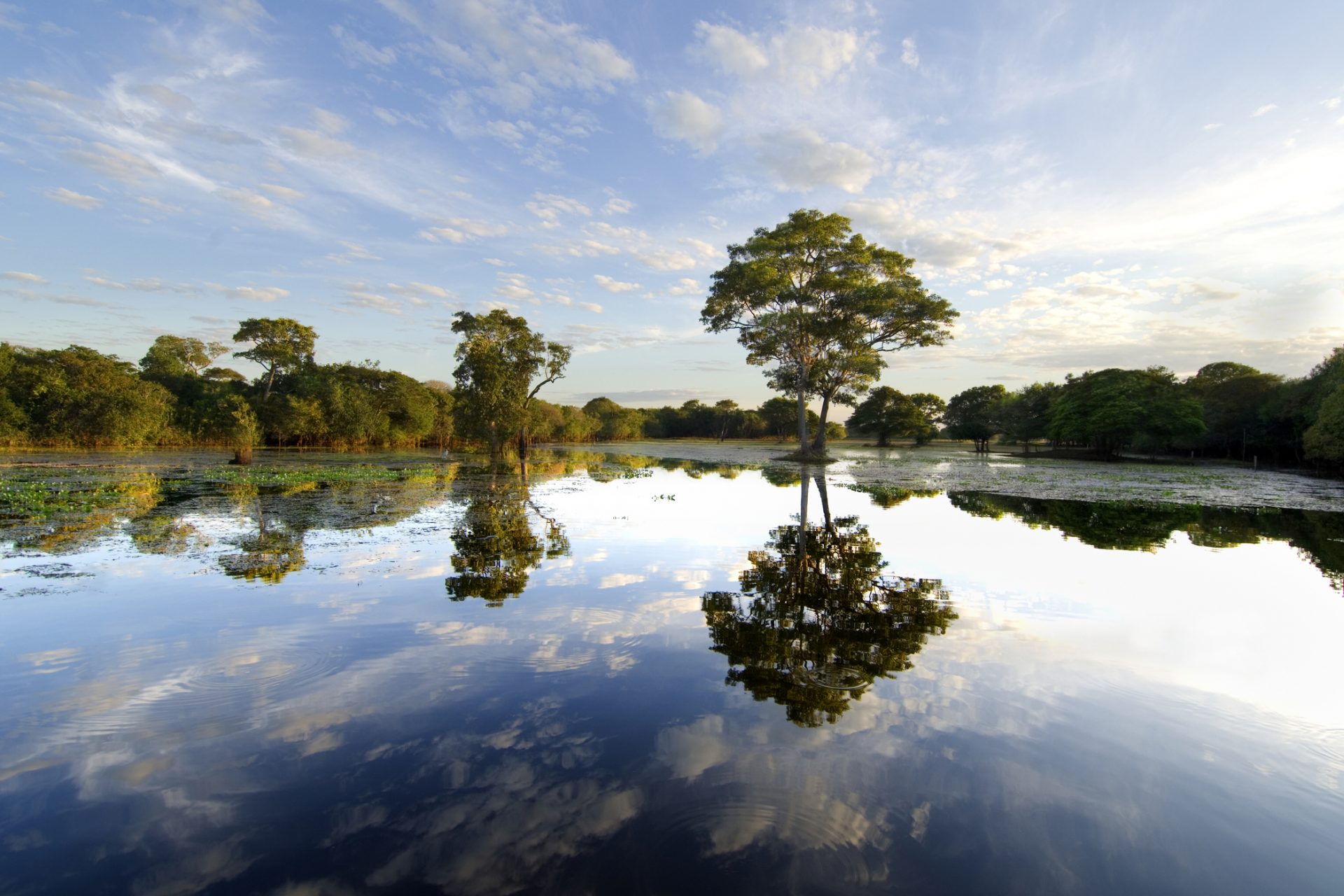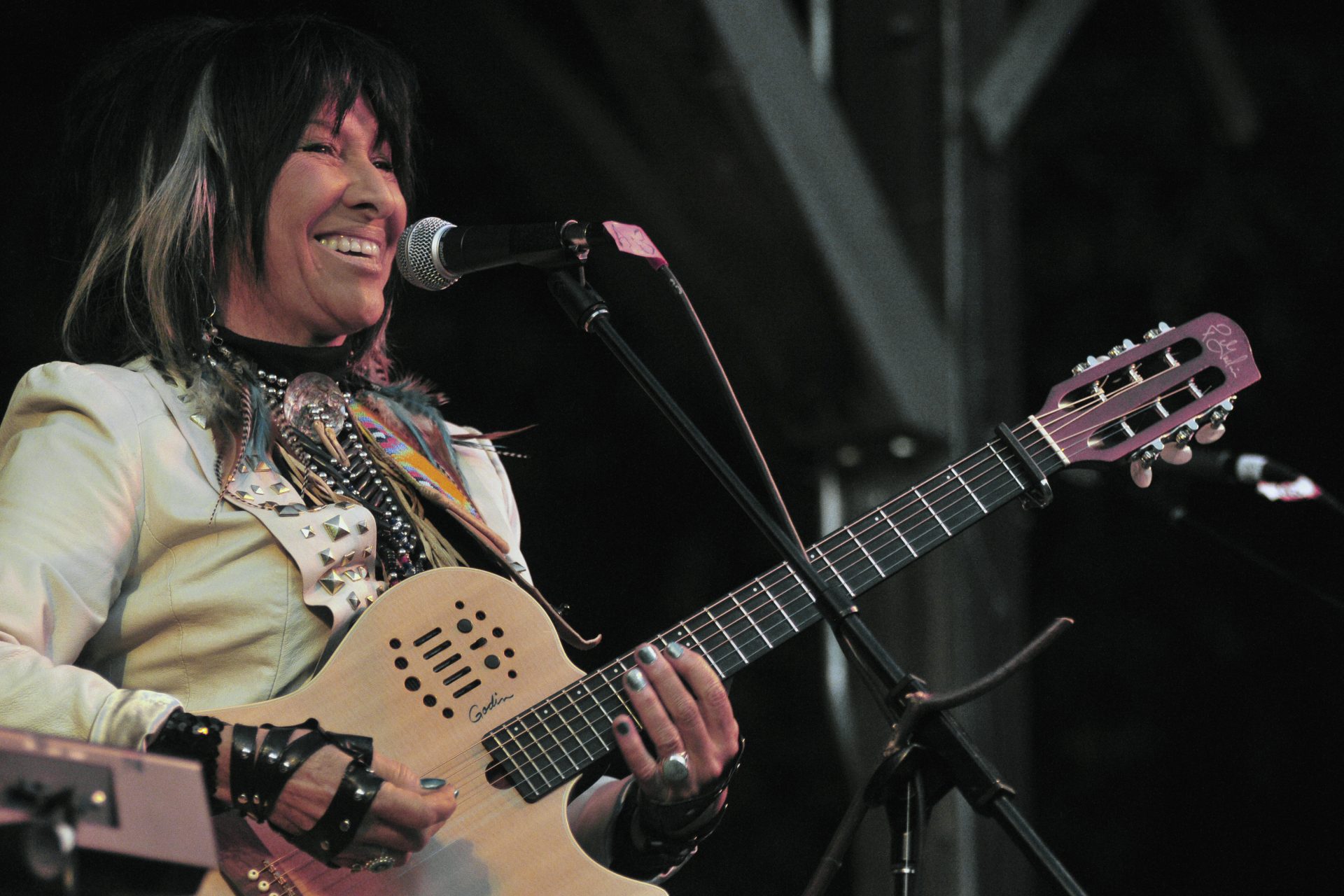Remembering the incredible charitable work of Princess Diana
Each year on August 31st, people remember the fateful accident that killed Princess Diana in 1997. The personality of the People's Princess, who only made it to age 36, is marked into our memories. Let's have a look at the incredible work that she devoted her time, money and heart to, over the course of her too-short life.
Lady Diana now stands in the garden of Kensington Palace forever. She's shaped in bronze and accompanied by three children. Diana's statue, commissioned by her sons William and Harry and unveiled in July 2021, represents the "universality and generational impact" of her work.
Before she was tragically killed in a car crash, Diana devoted her time and risked her life for humanitarian causes. We take a look at those amazing things she did, not just in the UK, but for the world; as she raised awareness, spent hours talking to victims of disease and war, and raised incredible amounts of money for charities.
Although Diana hated the press always being around and delving into the secrets of her life, she tried to use that fame for a better good. The moment she became a Princess, she created her own role in the family, being close to the people. In her interview with BBC's Panorama in 1995, she said, "I would like a monarchy that has more contact with its people.”
Diana was at some point patron of over 100 charities. She saw suffering everywhere and she made it her duty to do what she can to help those in need. "Anywhere I see suffering, that is where I want to be, doing what I can."
The BBC documentary captured Diana in Angola in 1997. The issue of landmines had been such a concern for the Princess that just shortly after the trip she became the anti-landmine activists’ most prominent advocate.
The princess put her own safety at risk as she decided to walk across a recently cleared minefield. This definitely caught the attention of the world and put the cause into the spotlight, which is exactly what Diana wanted to do.
"I’d read the statistics that Angola has the highest percentage of amputees anywhere in the world," she said in the documentary. "That one person in every 333 had lost a limb, most of them through land mine explosions."
Diana went on to say that reading the statistics didn't prepare her for the reality of the horror she faced in Angola.
The photo was taken in January 1997: Diana, Princess Of Wales is shown here with children injured by mines at Neves Bendinha Orthopaedic Workshop in Luanda, Angola.
Decades after she first visited Angola, the campaign continues. In fact, it is her younger son, Harry, who has taken to fulfilling most of his mother’s wishes of making the world a better place. Harry is the patron of the leading landmine charity, The Halo Trust and he is aiming to get rid of these weapons completely by 2025.
He warned in a speech in 2017 that the Ottawa treaty was not being complied with. “In 2015, global deaths and injuries from landmines reached a ten-year high; but perhaps more shocking is the fact that almost 80% of them were civilians” Harry said. “Such tragedies undermine the promises made by the world twenty years ago; too many communities remained shackled in a cycle of poverty and fear.”
The AIDS pandemic hit the world hard and scared most of the population. Diana changed all this single handedly.
The media went into a frenzy after the Princess shook hands with HIV-positive patients without wearing gloves when Diana was asked to open the AIDS ward at Middlesex hospital. This brought up an interesting question for many - that perhaps the disease was not simply passed by touch? The photo made every front page.
Perhaps more so, the photo highlighted how much Diana really cared about all those who suffer, whether it be from disease or war and that she would go to very serious lengths in order to help as much as she could.
In 1991 Princess Diana went to Toronto, Canada to visit the residents of Casey House, an AIDS Hospice. Once again, she had no qualms shaking hands with all the sufferers of this disease.
Diana, Princess of Wales looked every part at home when she sat down with a patient during a visit to London Lighthouse, a centre for people affected by HIV and AIDS, in London, 1996.
In 2016 at an AIDS conference in South Africa, Harry made sure the world knew that this was still not the end of the disease for many. “It is time for a new generation of leaders to step forward. It is time for us to step up to make sure no young person feels any shame in asking for an HIV test."
He continued at the summit, "It is time for us to step up and acknowledge that stigma and discrimination still act as the greatest barrier to our ability to defeat this disease once and for all.”
Diana traveled to countries with a high leprosy rate to try and remove the stigma surrounding the disease. She was patron of The Leprosy Mission and visited hospitals in India, Nepal and Zimbabwe. She spent a lot of time with patients - hours sat by their bedside - which again, just like AIDS, made people question if the disease really could be passed by touch.
“It has always been my concern to touch people with leprosy, trying to show in a simple action that they are not reviled, nor are we repulsed," she said of the disease.
Closer to home, Diana became patron of Centrepoint in 1992. It was another charity very close to her heart that made people aware of the enormous issue of homelessness in young people. The charity aims to ‘build a future’ for young people.
“Everyone of us needs to show how much we care for each other and, in the process, care for ourselves .” - Diana
When William was 23 he was taken to see the shelters and the work they do at Centrepoint. He followed in his mother’s footsteps and became patron, telling The Telegraph, "My mother introduced that sort of area to me a long time ago. It was a real eye-opener and I am very glad she did. It has been something I have held close to me for a long time.”
“Thanks to Princess Diana’s work with Centrepoint, people are not only more aware of our charity but the issue of youth homelessness,” said Seyi Obakin, Centrepoint chief executive. “As patron she showed just how many young people need help, vital support continued by Prince William who has followed in her footsteps. Youth homelessness remains a serious problem for society… with youth unemployment at record high levels, young people now face even greater challenges in leaving youth homelessness behind.”
Diana was patron of the hospital, best known for treating childhood cancers. She always had a great affinity for all young people and spent a lot of her time in the hospital speaking to the children and visiting those who are vulnerable.
The hospital for children was very dear to Diana’s heart. She would often visit and spend many hours talking to and comforting the children. It is said she made a very special personal connection with many of the children.
Another hospital she visited often. She said about her trips to see the young people, "I make the trips at least three times a week, and spend up to four hours at a time with patients holding their hands and talking to them. Some of them will live and some will die, but they all need to be loved while they are here. I try to be there for them.”
This was a fund set up in response to the donations at the time of Diana’s death. Thanks to help life and philanthropic work, she had inspired the people to donate around $44 million. By the time the Fund closed in 2012, it had awarded 727 grants to 471 organisations, and spent over $145 million on charitable causes.
Later, in March 2013, The Royal Foundation of The Duke and Duchess of Cambridge and Prince Harry took over the Fund, working together to make sure that any future income is donated properly to charities that their mother would have wanted.
The only charity that was actually set up in memory of Diana, Princess of Wales is The Diana Award. The charity was set up to honour her believe that young people could change the world so the organisation focuses on young people and change through mentoring, anti-bullying or simply raising awareness of issues young people face.
So Diana was so much more than just a ‘princess’ who was often known as a ‘style icon’ (although she looked chic and glamorous in nearly everything she wore.)
Her memory and her work continues today. Every year, on the heartbreaking anniversary of her death, we remember Diana for being one of the greatest philanthropists the world has ever seen.












































